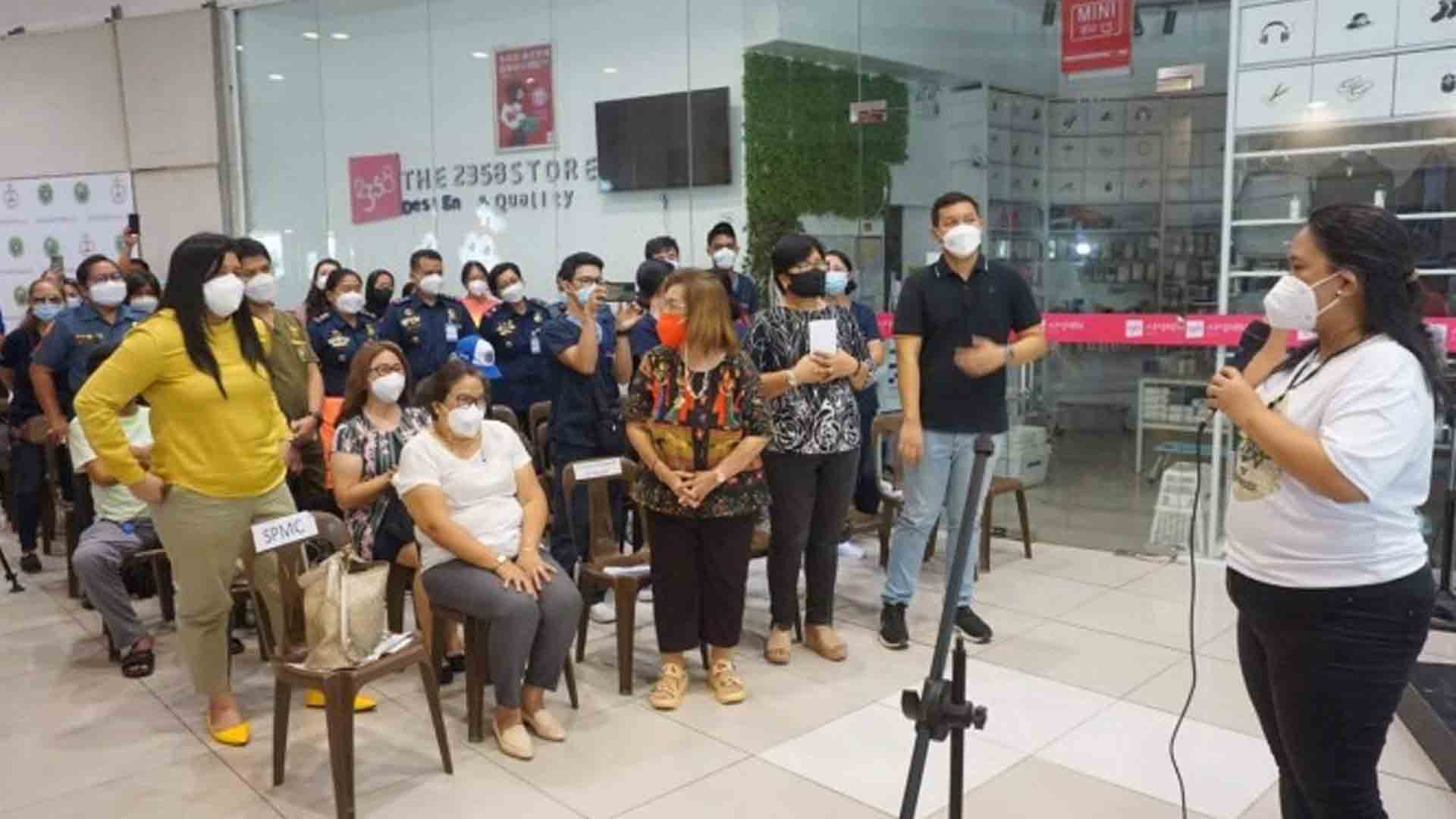In observance of the Kidney Month Celebration, the Department of Health (DOH) 11 (Davao region) has strengthened its campaign on organ donation by urging the public to sign up as donors.
Dr. Ma. Theresa Bad-ang, nephrologist and head of the Southern Philippines Medical Center – Human Advocate and Retrieval Effort (SPMC-SHARE), said the only remedy to stop dialysis treatment is to have a kidney transplant.
“However, without a donor, there will be no transplant. And it’s illegal to buy or sell an organ,” Bad-ag said in an interview Friday.
Through the campaign, the DOH-11 hopes more people would become organ donors to address the increasing number of patients suffering from kidney disease.
DOH data showed that 90,000 Filipinos are on dialysis treatment, and the Davao region has 2,400 such patients, ranking third nationwide on the dialysis list.
Likewise, data showed a 12 percent to 15 percent rise in the number of patients undergoing dialysis yearly.
To date, only 20 patients have received kidney transplants out of the 2,400 patients in the region due to a lack of donors.
“Organ donor signup is an activity being done to encourage persons who wish to donate their organs after death. It also engages the public to support the organ donation campaign,” Bad-ang said.
The Organ Procurement Organization is in charge of the promotion of organ donation, and the training of advocates and personnel for deceased donor management and retrieval.
This also includes the endorsement to the Philippine Network for Organ Sharing (PhilNOS) for the completion of the organ donation process.
According to Bad-ang, qualified donors are either living or deceased.
For deceased donors, they are referred to SHARE or HERO (Helping Employees Receive Organs) for the proper matching to the patients on the national waitlist of the PhilNOS.
She also urged the public to take care of their kidneys to prevent undergoing dialysis treatment.
Bad-ang also underscored the need to practice a healthy lifestyle, such as controlling hypertension and diabetes by limiting salt and sugar intake.
“Yearly urinalysis and blood chemistry (are) recommended. Increased water intake, exercise, and diet,” she said. (PNA)







